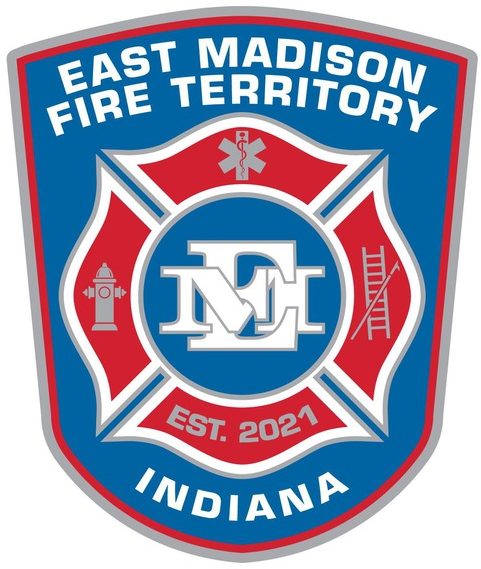
In this article, we shed light on a seemingly simple yet often overlooked aspect of our daily lives – staying hydrated. While it’s easy to take water for granted, its role in maintaining our health, especially in the context of emergency responders, cannot be overstated. Join us as we delve into the significance of keeping our bodies hydrated and explore how this practice directly impacts our ability to serve and protect.
The Role of Water in Our Bodies
Water is more than just a thirst quencher; it is the essential foundation of our bodily functions. From regulating body temperature to aiding digestion, every cell and system in our bodies depends on water to operate smoothly. For emergency responders, maintaining optimal hydration levels is particularly critical, as it directly influences our ability to think clearly, make decisions under pressure, and remain physically fit.
Hydration and Emergency Response
The demanding nature of emergency response work requires firefighters and first responders to be at their best at all times. Dehydration can lead to a range of issues that hinder performance, such as decreased concentration, slowed reaction times, and muscle fatigue. In high-stress situations, a hydrated body can help maintain cognitive sharpness and physical endurance, allowing responders to make split-second decisions and carry out their duties effectively.
Signs of Dehydration
Recognizing the signs of dehydration is vital for preventing its adverse effects. Some common symptoms include:
- Thirst: This is your body’s way of telling you it needs more fluids. However, waiting until you’re thirsty might mean you’re already slightly dehydrated.
- Dark Urine: Dark yellow urine can indicate dehydration. Ideally, your urine should be pale yellow.
- Dry Mouth and Skin: Dry mouth and dry, flaky skin are signs that your body is lacking adequate moisture.
- Fatigue: Dehydration can lead to feeling tired and sluggish, impacting both mental and physical performance.
- Dizziness and Headache: These symptoms can arise from reduced blood volume and oxygen supply to the brain.
Hydration Tips for First Responders
- Pre-hydrate: Drink water throughout the day, not just during emergencies. Being well-hydrated before a call allows your body to perform better under stress.
- Carry a Water Bottle: Having a refillable water bottle on hand encourages regular sips and makes hydration convenient.
- Monitor Urine Color: Keep an eye on the color of your urine. If it’s light yellow, you’re likely well-hydrated.
- Electrolyte Balance: Replenish electrolytes lost through sweat with balanced electrolyte solutions or foods rich in potassium and sodium.
- Limit Caffeine and Sugary Drinks: These can contribute to dehydration. Opt for water or beverages with lower sugar and caffeine content.
Conclusion
Staying hydrated isn’t just a health tip; it’s a life-saver, especially for our brave emergency responders at the East Madison Fire Territory. Proper hydration empowers us to face challenges head-on, making sound decisions, and performing optimally even in the most demanding situations. As we continue to serve and protect our community, let’s remember that a well-hydrated body is the foundation of our success. Drink up, stay safe, and keep saving lives!




